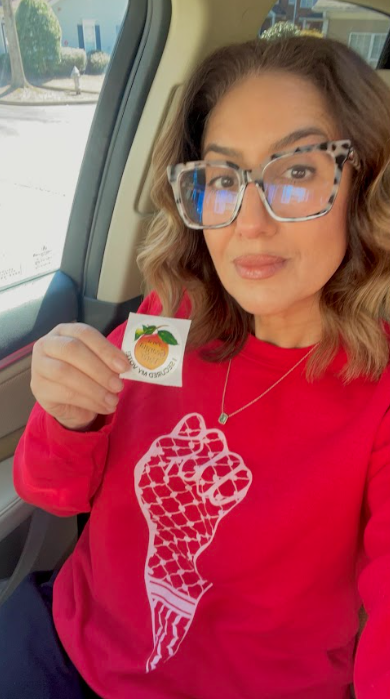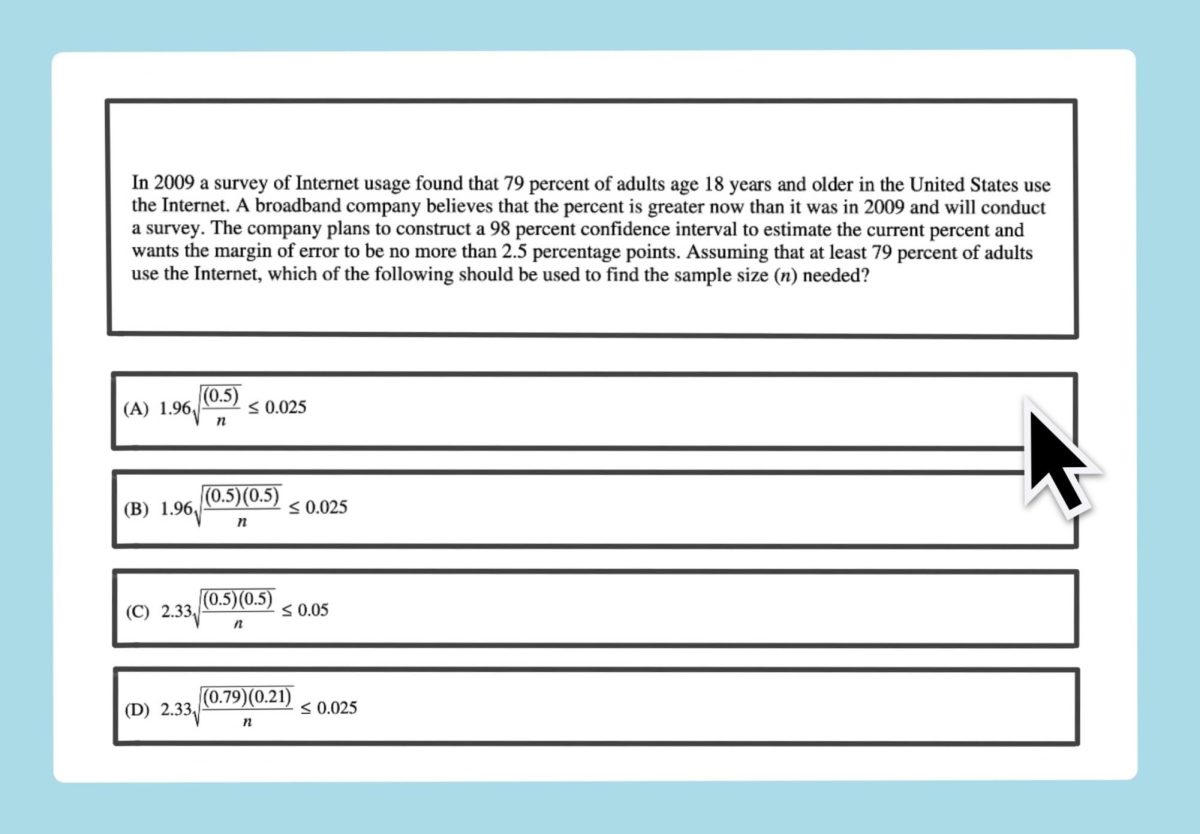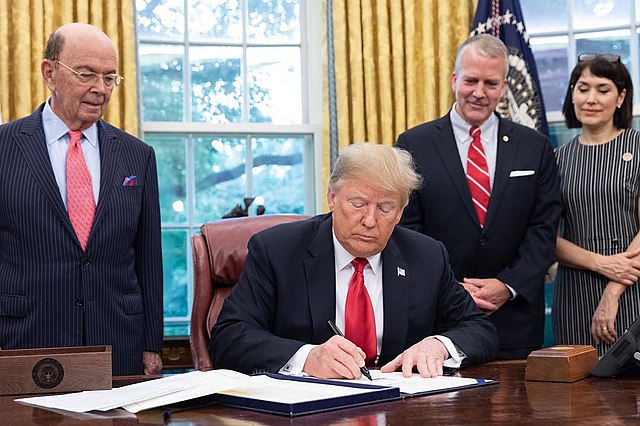To many, the Governor’s Honors Program sounds like a dream come true. You get to spend half your summer studying a subject that you have an aptitude for and making new friends in a welcoming, encouraging environment-free of charge. Granted, only the best-of-the-best high school students in Georgia are accepted into the program, so the application process is very selective and thorough. I was lucky enough to be nominated this year, and I braced myself for the strenuous application process that I would face. I thought I was prepared for another disappointment after my short-lived nomination for the program last year, but that did not prepare me at all for the unfairness I faced in this year’s application process.
In order for each nominee to be judged fairly, it would make sense that their judges and interviewers would be people that the students did not know, right? One would think so, but in my case, the reality was quite the opposite. I was nominated for Theatre by Grady theatre teacher Jake Dreiling, and who should happen to be my judge? Dreiling, along with Antavious Baker, my theatre teacher from middle school. While both were going to try to be as impartial as possible, it put all of the Grady nominees in a tough situation. Would we be scored higher because the judges were familiar with our work, or would we be scored more harshly so as to not show bias?
After I performed my monologue during the audition section of the interview, I received feedback from two judges, both of whom are familiar with my work. The critiques were very helpful and informative, but I couldn’t help feeling that it was unfair for other students who weren’t able to get personalized feedback.
In the end, all six Grady students, including myself, made it to the next round of the application process. This surprised me, not because anyone was particularly bad (I hadn’t seen anyone else’s auditions, so I had no idea), but because every single one of us advanced. I couldn’t help but feel like the fact that both of the judges were familiar with all of the Grady nominees had something to do with the fact that everyone moved on.
I received the email stating that I had moved onto the next round and I excitedly texted my mom and dad before I finished reading. Once I finished, though, much of my joy dissipated. Instead of moving directly to the state level interviews, nominees now had to complete another, more intense application. It involved three short answer questions, a 500-word essay and a supplemental section specific to each nomination area. At first, I was confused. Why were they changing the application process? Why now? Why hadn’t anyone been told about this new application previously? WHY?!
I know that my current nominee status has greatly affected my perspective on this topic. I will also admit I’m annoyed that the year I make it past the initial interview is the year they decide to add another layer to the application process. Despite this, I do think the nominees’ opinions need to be taken into account when making changes to the system. Regardless of what I say, it won’t change anything about the system and won’t change my chances of getting into the program. I knew I had to break a leg during my audition, but I didn’t know I had to break through this many application barriers.












